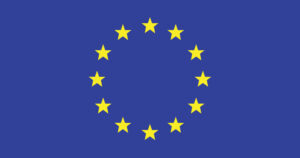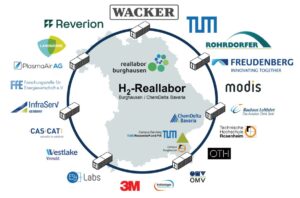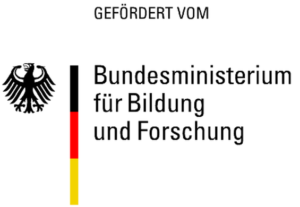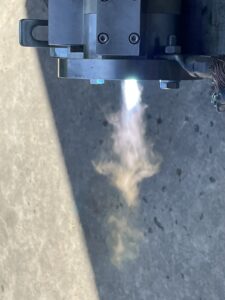GIFFT Project
Given the urgent need for an energy transition and a more circular economy in order to achieve the goals of the European Green Deal, the glass industry is at a critical juncture. In this scenario, the GIFFT project becomes a beacon for innovation and sustainability. It proposes a novel, sustainable, hybrid and flexible fuel technology to revolutionize the glass industry. This innovative approach is expected to reduce CO2 emissions per ton of glass by 75%.

- Innovative process for heat generation: A sustainable hybrid and fuel-efficient low-CAPEX technology for the glass industry.
- Biomass e-gasification: Converts biogenic waste into biomass-derived gas (syngas), reducing dependence on natural gas and other fossil fuels.
- Plasma-assisted combustion: Improves process heat generation and produces cleaner syngas with higher calorific value.
- Recycling of ash materials: Ash from biomass gasification is reused as a raw material for glass production, reducing waste and further CO2 emissions.
Partner

H2-Reallabor / ChemDelta – Circular economy and utilization of residual materials
The “H2-Reallabor / ChemDelta – Circular Economy and Use of Residual Materials” project, funded by the BMBF as part of the energy research program, is being carried out in cooperation with the Technical University of Munich and other universities and companies with a total of 19 project partners.
The overarching goal of the H2-Reallabor Burghausen / ChemDelta Bavaria is the transformation of industrial chemical value creation towards sustainable hydrogen-based chemistry.
PlasmaAir AG’s sub-project focuses on an innovative process route that combines the pre-treatment of residual materials in a high-temperature rotary kiln pyrolysis process with plasma entrained-flow gasification to produce high-quality synthesis gas.


Technology demonstrator for the thermal splitting of CO2
The project “Technology demonstrator for the thermal decomposition of CO2 (TACO2)”, funded by the state of Baden-Württemberg as part of the Invest BW – Part II program for the promotion of innovation and technology projects, is being carried out in cooperation with the University of Stuttgart.
The aim of this R&D project is to develop a technology to convert carbon dioxide, e.g. from concentrated sources such as power station stations and biogas stations, or captured from the atmosphere, into carbon monoxide and oxygen.


